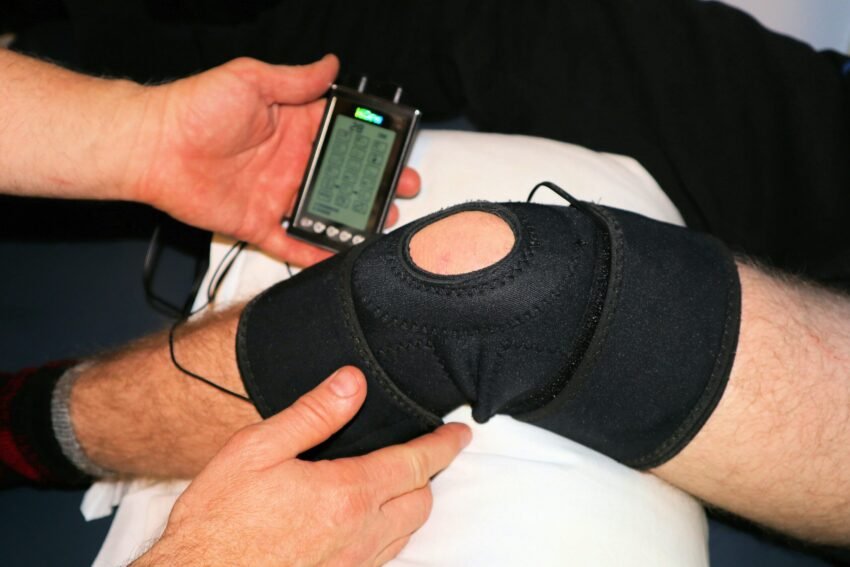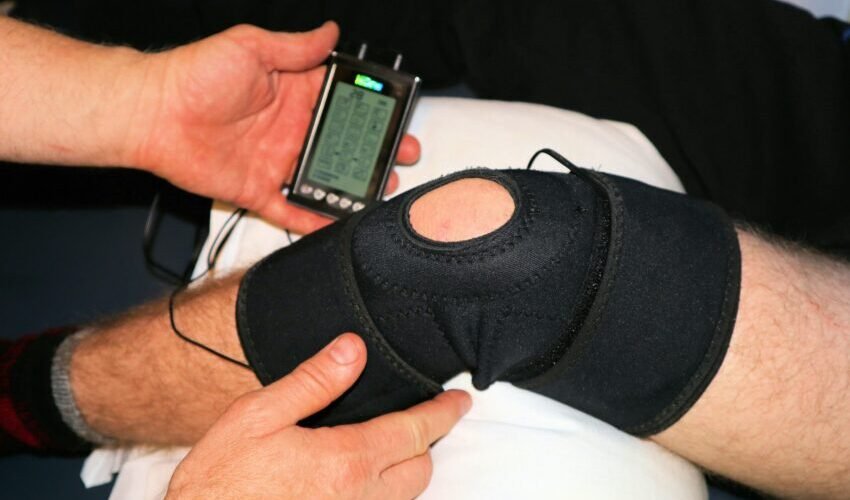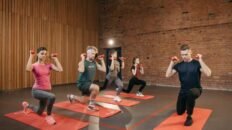
Our understanding of healthcare is starting to broaden as a society, as we see the impact that holistic approaches to medicine and health can have on specific issues. As an example, multidisciplinary physiotherapy embraces a broad range of disciplines which can provide extensive preventative and recovery options.
At many clinics, physiotherapy now includes a diverse array of modalities aimed at better enhancing physical well-being and promoting recovery. From sports enthusiasts seeking to optimise performance to individuals recuperating from injuries, the demand for specialised therapies continues to surge.
In this article, we delve into the modern landscape of multidisciplinary physiotherapy, exploring the benefits and unique features of traditional physiotherapy, massage, relaxation techniques, acupuncture and dry needling, clinical pilates, myotherapy, and other rehabilitation services.
Restoring Function and Mobility
Physiotherapy stands as a cornerstone in the realm of rehabilitative medicine, focusing on restoring movement and function to individuals affected by injury, illness, or disability.
The role of physiotherapy clinics in rehabilitation includes a combination of manual techniques, exercise prescription, and education, physiotherapists work closely with patients to alleviate pain, improve flexibility, and enhance overall physical well-being.
Whether recovering from a sports injury, managing chronic conditions, or rehabilitating post-surgery, the personalised approach of physiotherapy empowers individuals to regain independence and achieve optimal levels of function.
Enhancing Performance and Recovery
Athletes and fitness enthusiasts alike often turn to sports massage as a means to optimise performance and expedite recovery.
Unlike traditional massage techniques, sports massage targets specific muscle groups and utilises a combination of deep tissue manipulation, stretching, and mobilisation techniques to alleviate muscle tension, enhance flexibility, and promote circulation.
Research linking sports massage directly with improved performance is difficult to find although some studies suggest it may somewhat improve flexibility and delayed onset muscle soreness (DOMS). Other studies indicate that this impact on flexibility and DOMS, as well as general psychological well-being, leads to improved performance.
Nurturing Mind and Body
In today’s fast-paced world, stress has become an ever-present reality for many individuals, taking a toll on both mental and physical well-being.
Relaxation techniques, ranging from mindfulness meditation to deep breathing exercises, offer a holistic approach to combating stress and promoting relaxation.
These techniques are becoming more and more common in as part of the new mode of multidisciplinary physiotherapy and other similar settings given the increasing acknowledgement of their importance. By quieting the mind and releasing muscular tension, these practices can lead to not only a sense of calm and tranquillity but can also improve overall health and vitality.
Targeting Trigger Points for Pain Relief
Originating from traditional Chinese medicine, acupuncture and dry needling has gained recognition as a valuable adjunct therapy in the management of musculoskeletal pain and dysfunction.
By inserting thin filiform needles into trigger points within the muscles, these treatments aim to elicit a localised twitch response, releasing tension and facilitating the body’s natural healing process.
These treatments are particularly good for chronic pain conditions, such as lower back pain or tension headaches, or even enhancing sports performance. Various studies support the positive benefits of acupuncture and dry needling as an effective part of physiotherapy treatment for migraines and chronic tension-type headaches, as effective non-pharmacological treatments for neck pain and to reduce muscle and joint pain
Through this, acupuncture and dry needling offer a minimally invasive and effective approach to pain relief and functional restoration.
Strengthening Core Stability and Alignment
Derived from the principles of traditional Pilates, clinical Pilates focuses on integrating core stability, flexibility, and postural alignment into rehabilitation programs.
Under the guidance of qualified instructors, individuals engage in tailored exercises designed to improve muscle strength, endurance, and control, with an emphasis on proper biomechanics and body awareness.
Clinical Pilates serves as a valuable tool in injury prevention, rehabilitation, and performance enhancement across diverse populations by targeting deep stabilising muscles and addressing movement imbalances.
Addressing Muscular Dysfunction and Pain
Myotherapy encompasses a holistic approach to the assessment, treatment, and management of musculoskeletal conditions, with a particular focus on muscular dysfunction and pain.
Drawing upon a range of manual techniques, including soft tissue manipulation, trigger point therapy, and stretching, myotherapists work to alleviate pain, restore mobility, and promote tissue healing.
Whether managing acute injuries, chronic conditions, or postural imbalances, myotherapy offers personalised interventions tailored to the unique needs of each individual.
Navigating the Path to Recovery
In the aftermath of injury or surgery, rehabilitation services play a pivotal role in facilitating recovery and restoring function.
From comprehensive exercise programs to specialised interventions, rehabilitation services encompass a multidisciplinary approach aimed at maximising physical function and enhancing quality of life.
Whether recovering from orthopaedic surgeries, neurological conditions, or sports-related injuries, the collaborative efforts of rehabilitation professionals empower individuals to overcome challenges, regain independence, and achieve their rehabilitation goals.
Conclusion
As the landscape of modern physiotherapy continues to evolve, we are presented with an ever-expanding array of options to support our journey towards optimal health and well-being. From acupuncture, dry needling and sports massage to relaxation techniques and rehabilitation services, each modality offers unique benefits and approaches tailored to the diverse needs of each person.
Importantly, if you are searching for a physiotherapy clinic, do remember that multidisciplinary physiotherapy embraces a broad range of disciplines to ensure you get the best possible results. Do ask your clinician what services they can offer.
Photo by Terry Shultz P.T. on Unsplash
Source: healthylifeessex.co.uk








 Please wait...
Please wait...
Add comment